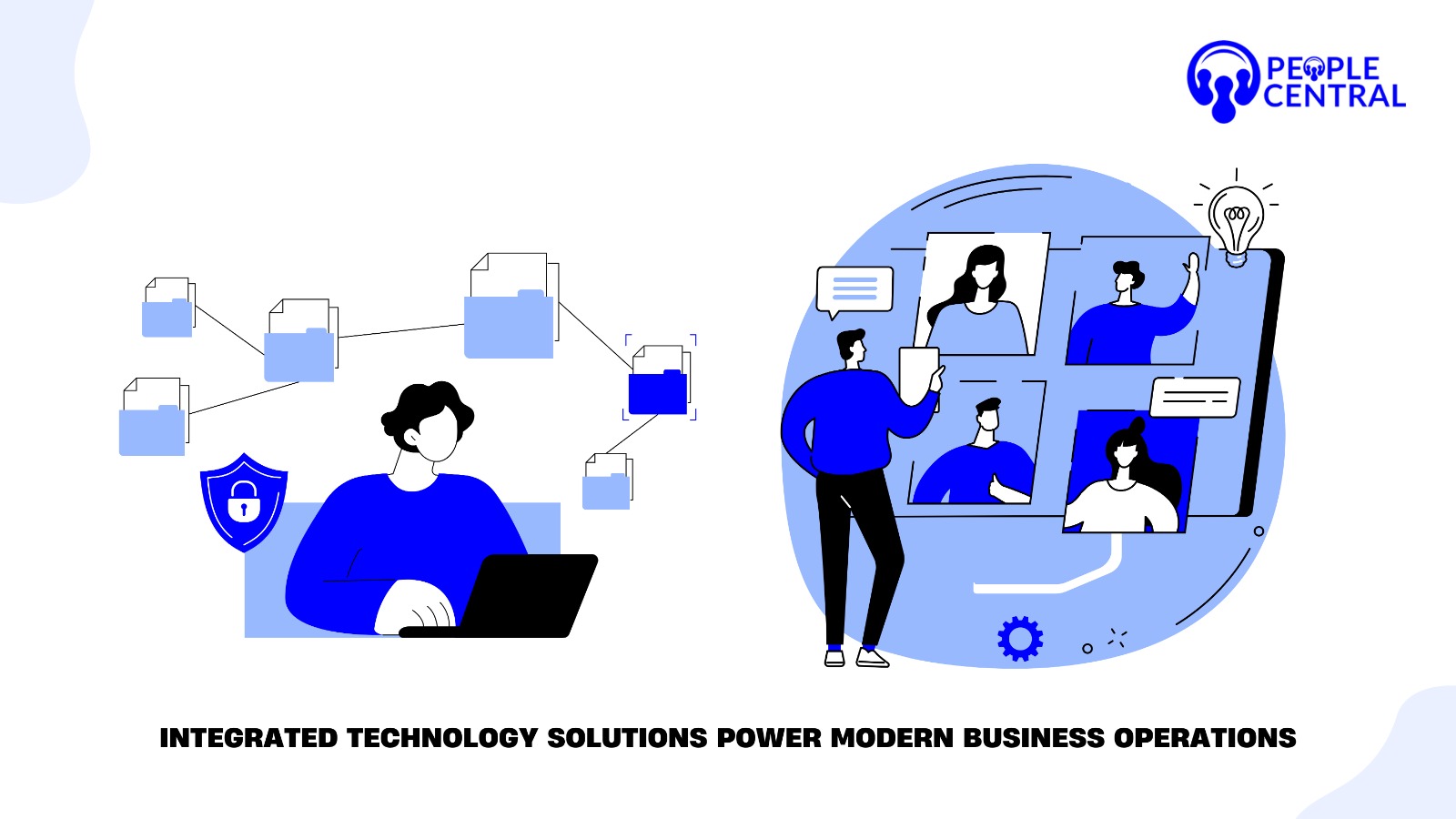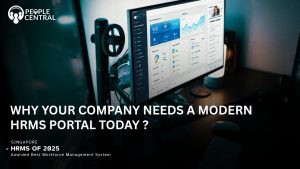The understanding of management goes beyond its preservation within the business world; it is about the creation of growth, innovation, and sustainable success. With the rapid evolution of companies across the Lion City, from bustling startups to established enterprises, training in business management has become more crucial than ever.
Start with Strong Leadership Development
The pivot of any Singaporean business is business leadership. According to another study conducted by Singapore Management University (SMU), companies investing in leadership development have 86% greater chances of outlasting their less-investing peers.
But what is really included in effective leadership development? It’s more than just attending seminars at Marina Bay Sands-it’s about developing a comprehensive approach to business management training that includes:
- Strategic thinking and decision-making skills
- Cross-cultural communication (very crucial in our multicultural center)
- Change management skills
- Financial knowledge and business acumen
Training In Business Management: Best Practices To Foster Growth
Embracing Digital Transition
Digital transformation is not an option in Singapore regarding technological savviness. In the words of the Singapore Business Federation, firms that embrace the platform of digital solutions are likely to witness an average productivity boost of 30 percent.
To remain competitive, managers should:
- Ensure the enhancement of digital literacy training
- Deploy a cloud-based management system
- Use data analytics for decision-making
- Introduce automation in workflows as able
Also Read : What Are The Benefits of HR Software in 2025?
Fostering Learning Culture
What distinguishes Singapore’s successful business firms? Their commitment to learning indefinitely. Singapore has a tell-tale characteristic of being a hub of education and extends that reputation toward the corporate world, wherein the best firms foster an environment of growing and developing.
Some would suggest contributing to:
- Offer workshops on improving skills regularly
- Mentorship schemes
- Sessions of training that offer cross-departmental relations
- Outreach programs and partnerships with local institutions like INSEAD and NUS Business School
Prioritizing Employee Well-being
Being a fast-paced city-state, burnout has become a matter of significant concern. Astute management realizes that employee well-being directly impacts productivity and creativity. The guidelines for personal well-being that the Ministry of Manpower provided.
- Work-life harmony programs
- Mental health support programs
- Flexible working arrangements
- Team building activities
Focus on Sustainable Practices
Adaptation by businesses is somewhat as a result of Singapore’s ambition to become a green nation. Therefore, the management training of modern businesses increasingly emphasizes sustainability. The Singapore Green Plan 2030 includes:
- Reducing carbon footprints
- Implementing green office practices
- Creating sustainable supply chains
- Establishing green products and services.
Implementation of Stronger Financial Controls
In accordance with the complex nature of our finance platform, we do deem that it is imperative to observe safeguards aimed at maintaining financial control. Recommendations towards implementation include among other aspects:
- Regular health checks of the financial status
- Clear budgeting processes
- Management of risks
- Investment in financial training for key personnel
Also Read : IRAS Tax Filing Tips For Singapore 2025
Build Resilient Operations
It’s one of those lessons learned by the business community in Singapore in the light of the recent global crisis: building resilience. However, some of the best practices for building operational resilience include:
The formation of business continuity plans with an additional twist:
- A flexible supply chain setup.
- Huge cash reserves.
- Diversity Digs for New Talent.
Leveraging Technology Wisely
Even if Singapore is at the forefront of technology adoption, sensible business administration implies that a company is supposed to make very careful choices regarding tools of its specific need. Some include:
Online platforms for project management.
Systems for customer relationship management (CRM).
Human resource management systems.
Platforms for communication and collaboration.

Nurturing Strong Relationships with Stakeholders
Relationship management is of utmost importance to a business in today’s interconnected world, which encompasses:
- Stakeholder engagement on a regular basis
- Assurance of customer service
- Contribution to the community
- Networking with professionals in specific sectors
Review and Evolve
Finally, to succeed in Singapore, an innovator has always to evaluate and evolve: for example, create:
- Regular performance reviews
- Processes for getting customer feedback
- Market analysis
- Benchmarking composition
Yet, Singapore’s arena of business management continues to evolve. To stay ahead, commitment to excellence and lifelong learning is essentially a prerequisite. Whether operating as a small or medium-sized enterprise in Jurong or a multinational corporation in the central business district, positions of training in business management become the pathway for long-term success.
In Singapore’s competitive environment, the distinction between good and great practically hinges on how effectively such best practices are executed or put into action. In the local Singlish manner, “Can do!” The official management of issues in business can make your organization sorry to stop thriving if you are anchored in our sort of economy.








 5
5


























